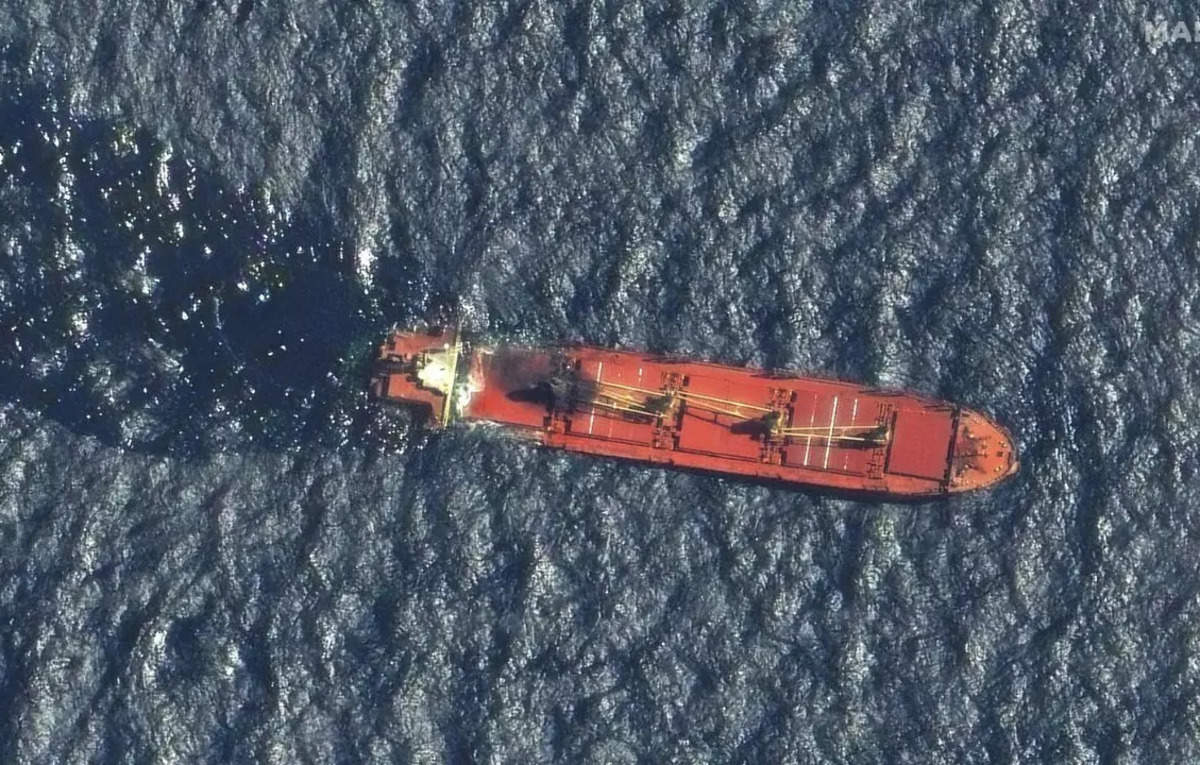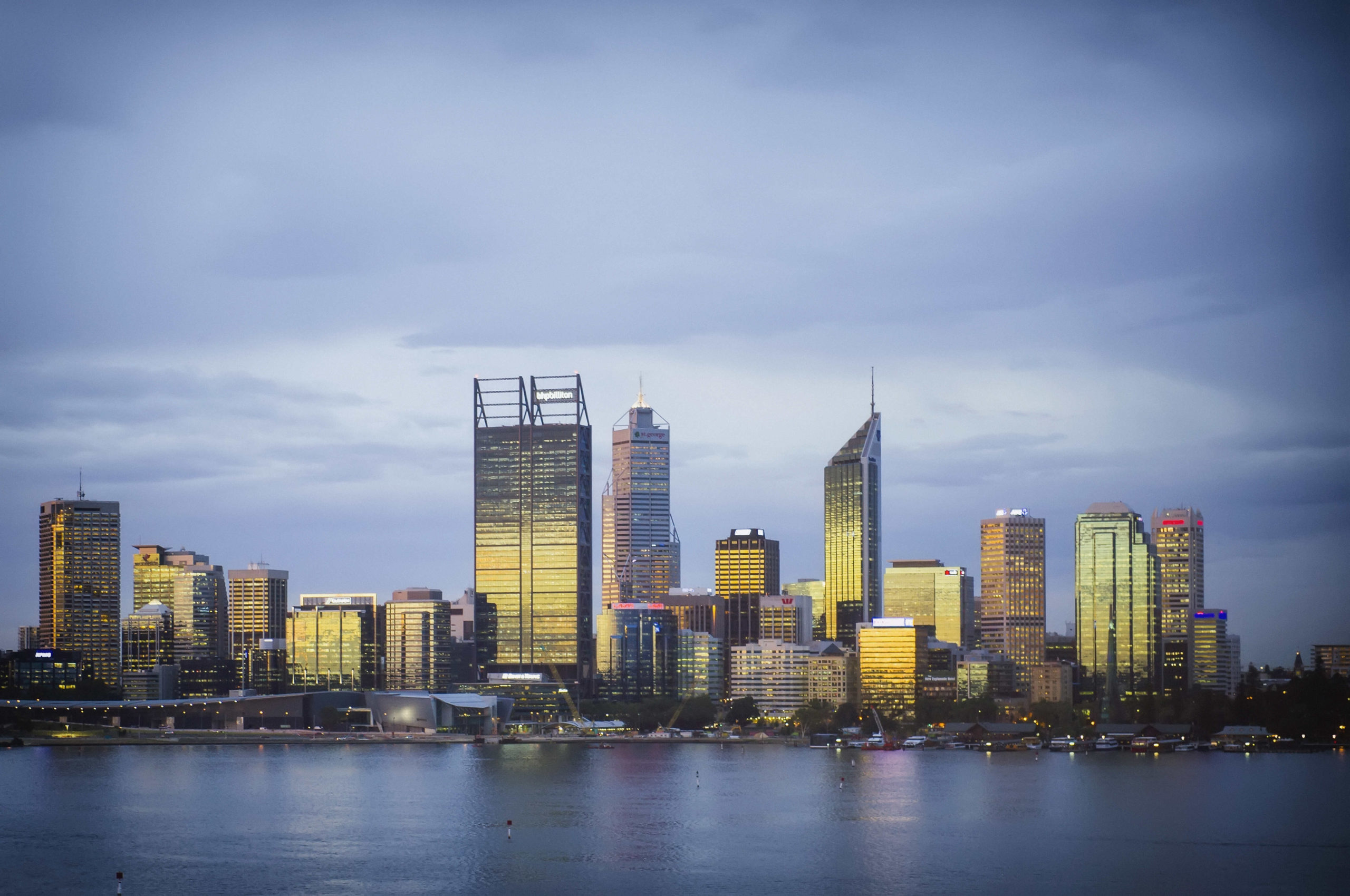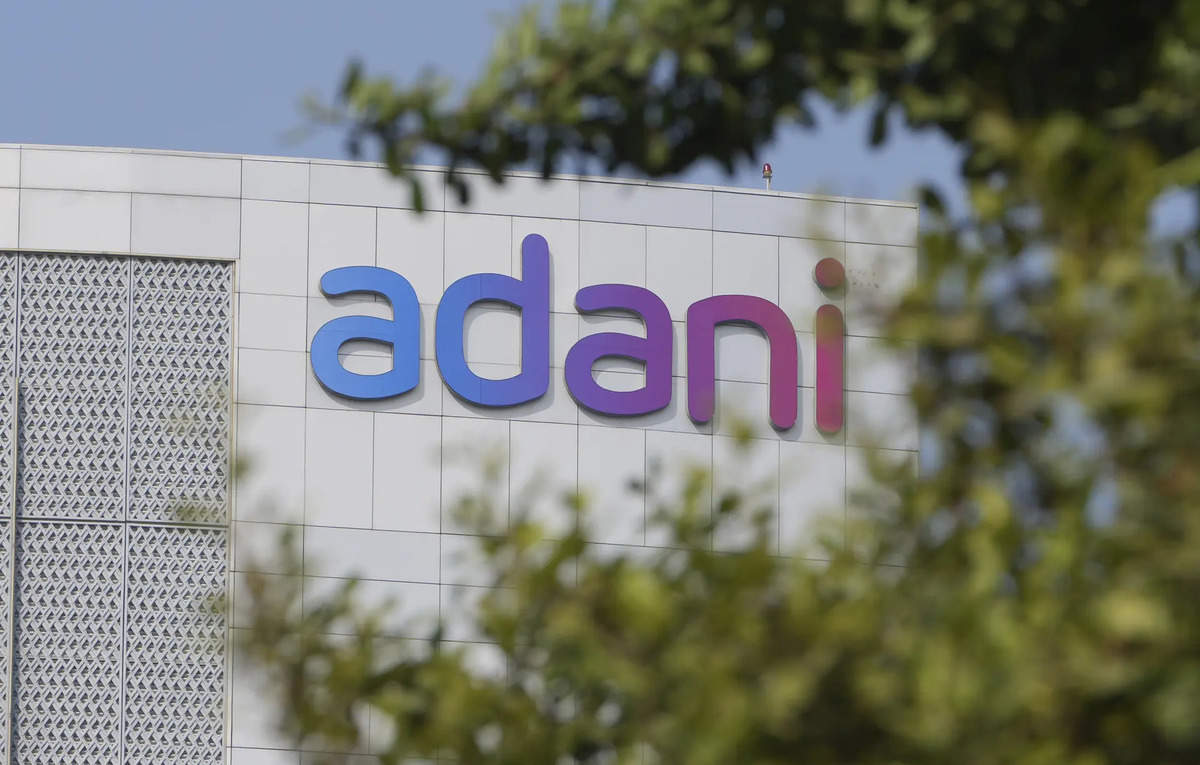Australia’s bid to navigate troubled waters in Red Sea – ET Infra

- by Admin
- March 11, 2024

PERTH: As Houthi rebels continue attacks on ships in the Red Sea, companies the world over are feeling the pain, with Australia no exception. An Australian livestock shipment bound for Israel in January was ordered back by its government due to the threat of Houthi attacks, only re-embarking in March after the Australian army stepped up strike actions in the area.
Australia’s economy depends heavily on maritime trade and, as geopolitical and environmental threats ramp up, is facing a time of heightened vulnerability.
So far, these disruptions haven’t caused any drastic price rises for consumers but as ships face delays and rerouting, essential goods like food, toiletries and household items may experience shortages.
Supermarkets could see bare shelves, especially for imported goods. Fresh produce, packaged foods, and other essentials might be affected. The worst case could be reminiscent of pandemic-related shortages, but with a very different set of causes. Whereas COVID-related shortages were brought about by panic buying and production disruptions, geopolitics and attacks by the Houthis are driving supply challenges this time around.
Shipping disruptions create bottlenecks and strain capacity. Re-routing vessels from one pathway to another has a cascading effect throughout the network, changing the way goods flow around the world. Already, goods inflation has surged (estimates say up to 2 percent is due to the Houthi raids).
The Suez Canal-Red Sea pathway is a critical trade pipeline, accounting for roughly 30 percent of global container traffic. Since the first attacks in November 2023, several companies including oil giant BP have either halted or redirected their ships.
The attacks, believed to be backed by Iran, has led to over USD$80 billion worth of cargo being diverted. A common route is around the Cape of Good Hope – a detour of more than 1000 nautical miles. This avoids conflict, but leads to higher transport costs and longer delivery times. Meanwhile, retaliatory attacks from the US and the UK have done little to curb the Houthis.
How to deal with disruptions
While the security of the Red Sea is out of the hands of businesses, they have other options to deal with the disruptions.
Businesses can expand their shipping routes to reduce reliance on individual channels, boosting their resilience – whether it be pirate attacks or a freighter simply getting stuck, as we saw in the Suez Canal in 2021. And while the window to preempt violence in the Red Sea has well and truly passed, there remains a lesson for supply chain professionals: regular risk assessments are crucial.
Closely monitoring the changing winds of geopolitics gives businesses the information and agility they require to ensure the smooth flow of goods through critical maritime corridors during times of turbulence.
Improving this network is an industry-wide effort. All those involved, from shipping lines to ports, associations to government, must team up and communicate. Improving the ways the global community shares real-time information and strategies can help deal with disruptions.
Although shipping is a free market competition, like all areas of commerce, more collaboration could save everyone from bottlenecks, delays and disappointment.
At a higher level, the economic upheaval in the Red Sea is just another pressure point on world leaders and diplomats to resolve the humanitarian crisis in Gaza. As more Palestinians die from Israel attacks, international pressure rises. Adding an economic dimension to an already contentious situation will be another push for world leaders to intervene.
There’s a role for blockchain technology as well as it enhances transparency and traceability. It can secure supply chains against fraud and disruptions.
By creating an immutable and transparent ledger, blockchain technology allows better real-time tracking of cargo movements, verifies authenticity and ensures secure transactions. Beyond that, smart contracts within the blockchain ecosystem can automate processes, streamline documentation and boost trust within supply chains.
AI technologies also offer solutions to some of the issues posed by a disrupted global supply chain. Developments in AI gives businesses the opportunity to assess the myriad data points they have at new speeds and scales.
Factors such as weather conditions, traffic congestion, port availability and the cost of fuel can be plugged in to generate guidance on the most efficient routes, reducing transit times and cutting costs. Integrating AI also increases capacity for companies to make real-time adjustments based on emerging disruptions or changing market dynamics.
Even if the global economy escapes from the Red Sea attacks without financial catastrophe, it should still serve as a wake-up call.
Geopolitical instability is likely to persist, as too will increasing environmental challenges as the climate crisis deepens. There are ways the entire sector can work smarter and faster, helping not only their businesses but the consumers who rely on their services. (360info.org) NSA NSA
The Latest News
-
December 26, 2024Australian travel vlogger finds the ‘best alcohol on the planet’ in India | – Times of India
-
December 26, 2024What Emma Navarro has done before the Australian Open which has really impressed Jon Wertheim
-
December 26, 2024“Not what I wanted” – Halep withdraws from Australian Open 2025 due to injury
-
December 26, 2024Texas Freshman Tennis Star Maya Joint To Turn Pro Ahead Of Australian Open
-
December 26, 2024Injured Halep forced to pull out of Australian Open






